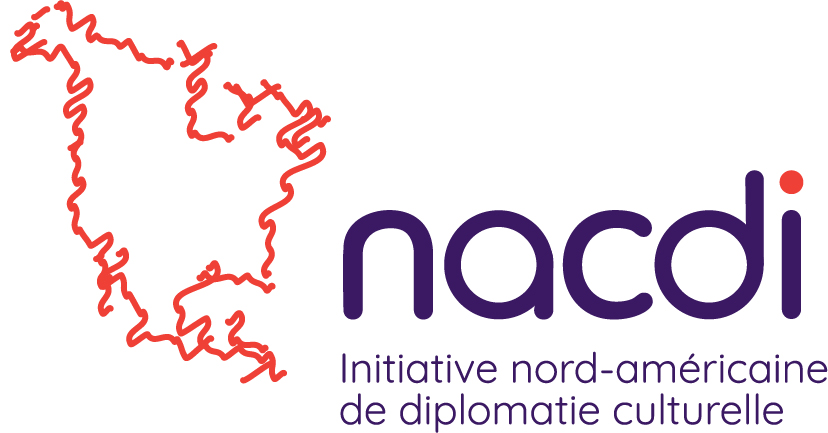July 18, 2018
The trend towards globalization brings peoples together at intersections of identities, be they religious, national, linguistic, or otherwise. What does this mean for the arts and culture sector? Artists and arts organizations are moving beyond the frame of the nation to travel and share their work in international, interregional, and global contexts (Australian Arts Sector, 2015; Arts Council England, 2016). Collaboration and participation in arts and culture-based projects foster trust among citizens of different nationalities (British Council, Trust Pays link; and British Council, The Value of Trust, link) and enable people-to-people connections in a time where distrust and animosity are all too common. Personal relationships and networks established through exchanges of arts and culture are opportunities for dialogue. And conversations are where new ideas, directions, and solutions come to light (Minstrom and Lutejens, 2017).
Hosted in early 2018 by Queen’s University’s Agnes Etherington Art Centre, Can Artists Really Save the World? examined the themes of relationships, international arts activities, and thinking about arts and culture outside of the frame of the nation in new and exciting ways. Moderated by NACDI’s Sarah E.K. Smith and Lynda Jessup, the panel featured the distinguished voices of Gerald McMaster, Nadia Myre, Kelly Langgard, and Richard Hill. As artists, curators, professors, critics, cultural workers, connection makers, and relationship builders, the four panelists shared their wealth of knowledge and experiences.
Jessup and Smith’s questions provoked critical investigation of the roles and messages that artists, organizations, and nations project while engaging with global publics. Jessup referred to the idea of the trojan horse when asking if artists felt tension between their art and professional interests and the official messaging of state-sponsored events. This led to a discussion of whether the nation as a unit of analysis is still useful for exploring interactions among artists, their work, and international audiences. The panel’s thought-provoking dialogue incisively probed the state’s role in international art events, and questioned its presumed centrality in the field of Cultural Diplomacy, offering individual political and artistic agendas, indigeneity, community interests, and activist concern for social justice as part of a re-imagined cultural diplomacy.
The video is also available on our YouTube channel.
The following reports and articles to dive deeper into these topics:
Arts Council England. International Activity of Arts and Cultural Organisations in 2014-15. 2016.
Australia Council for the Arts. International Arts Activities – Australian Arts Sector. 2015.
British Council. Trust Pays. 2012.
British Council. The Value of Trust. 2018.
Mintron, Michael and Jonnah Luetjens. “Policy Entrepreneurs and Problem Framing: The Case of Climate Change.” Environment and Planning C: Politics and Space 35 (8) 2017: 1362-1377.
Blog by Katie-Marie McNeill
